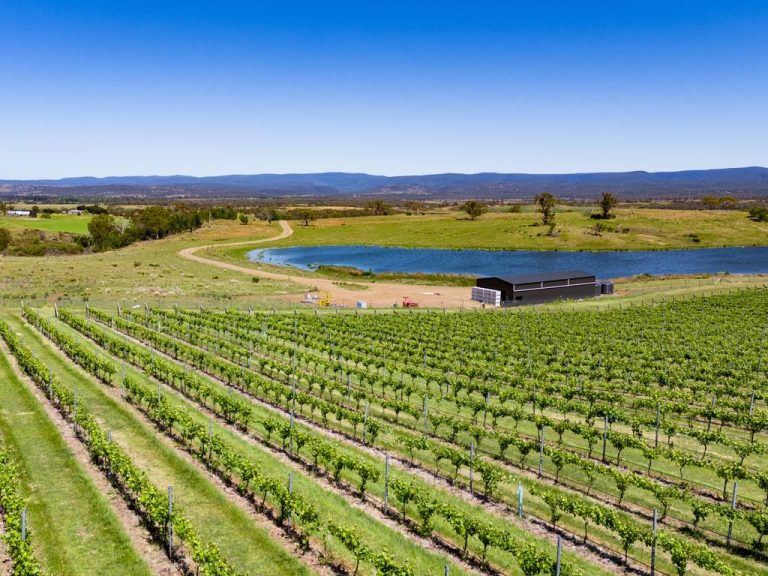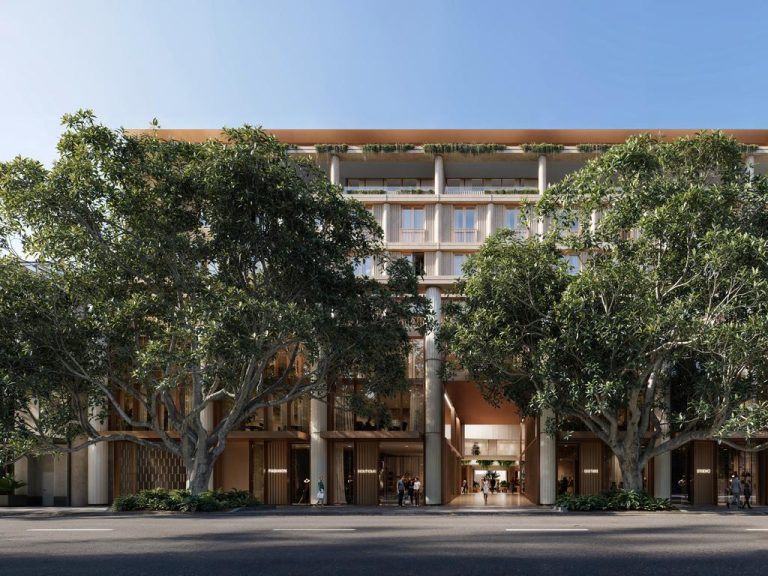New laws target landlords for green upgrades

Retrofits to improve the energy efficiency of a building could leave landlords out of pocket if legislation now before State Parliament goes ahead unchanged.
An amendment to the Local Government Act is being considered to allow building owners to borrow on the cheap to upgrade their non-residential premises and give local councils the ability to collect the loan repayments as part of property rates.
Under the proposed Environmental Upgrade Agreements, municipalities would act as a go-between and pass collected repayments back to the original lender.
A similar system already operates in the City of Melbourne and in some parts of New South Wales.
But the State Government’s proposed legislation is removing a safety net for landlords who need to claim some of the cost of the upgrade from tenants.
Existing schemes do not require landlords to get consent from tenants before they can pass on extra charges associated with an EUA.

Landlords will need to seek consent from tenants before passing on the cost of improvements
But the Victorian bill will force building owners to get permission from their leaseholders ahead of putting extra costs on outgoings that tenants pay.
Sustainability lawyer Dr Nicholas Brunton, a partner at Sydney legal firm Henry Davis York, told Business Daily the Victorian EUA had some key differences when compared to the NSW scheme.
“Under the NSW EUA legislation, building owners are not required to obtain the consent of tenants before they enter into an EUA,” Dr Brunton says.
“If the lease allows recovery of council charges, then the building owner may require their tenants to contribute towards the repayment of the charge.
“In Victoria, the proposed scheme requires a tenant to consent to the charge in order for the landlord to recover an EUA contribution.”
Speaking in Parliament, Labor MP Daniel Pearson says seeking consent is “really important”.

The legislation changes would remove a safety net for landlords
“When you are in business on your own, you need to make sure that you are not responsible for the capital improvement that the landlords will accrue and will be able to transfer when they sell their property,” Pearson says.
“You do not want to pay for that if you are not going to get any upside from it, so we need to make sure there is some degree of consent.”
Opposition spokesman on energy David Southwick says the legislation raised questions about compliance issues, when it was introduced earlier this year.
“How would the charge be broken down as to who contributes what?” Southwick says.
“What happens if the occupier vacates the property?”
Southwick says the Municipal Association of Victoria and local government experts had expressed concerns to him over the proposed EUA.







